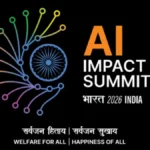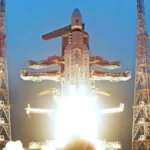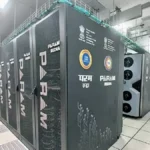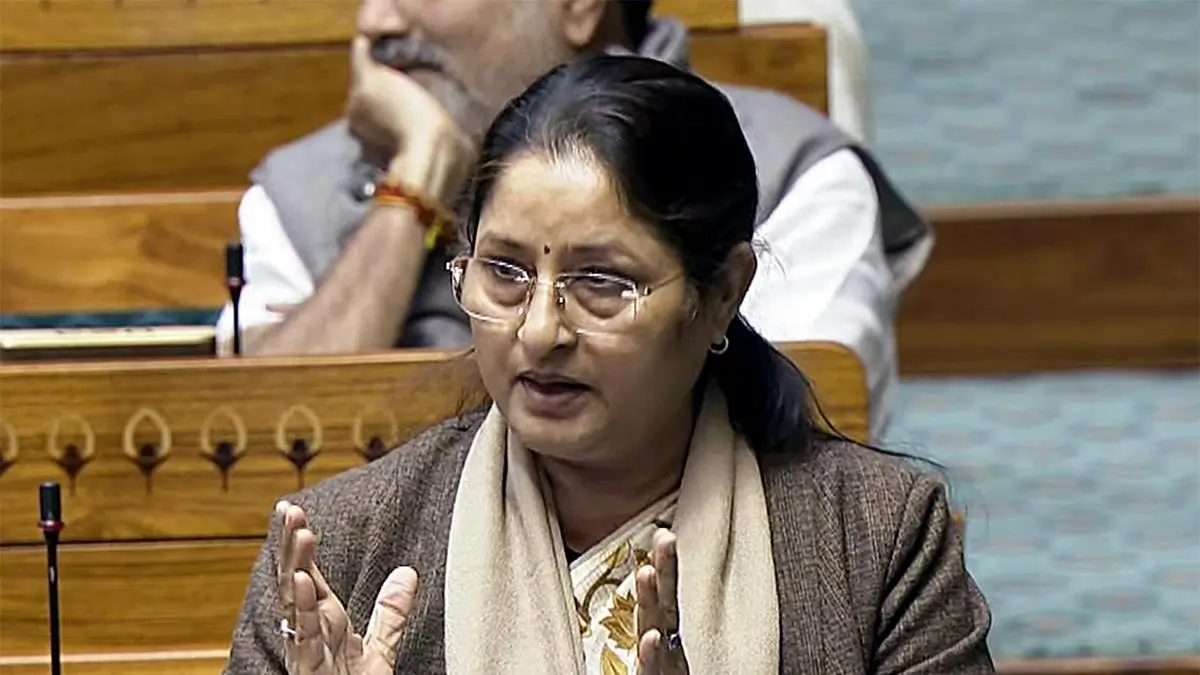India Delivers Haemodialysis Machines to PNG; Supplies Aid to Lebanon
Introduction: A Humanitarian Initiative
In a significant humanitarian gesture, India has delivered haemodialysis machines to Papua New Guinea (PNG) and provided essential aid to Lebanon. This initiative underscores India’s commitment to supporting global health and fostering international partnerships. The haemodialysis machines are expected to improve healthcare facilities in PNG, where kidney-related ailments have been a growing concern. Meanwhile, the aid to Lebanon, which has been grappling with economic challenges and healthcare crises, highlights India’s proactive role in international solidarity.
Details of the Aid Delivered
The shipment of haemodialysis machines to PNG is part of a broader initiative by India to enhance healthcare infrastructure in the Pacific region. These machines are crucial for patients suffering from end-stage renal disease, allowing them access to essential treatments that are often unavailable in remote areas. The delivery aligns with India’s larger strategy to enhance its presence in the Indo-Pacific region, reinforcing ties with its neighbors and demonstrating its capacity as a responsible global player.
Aid to Lebanon: A Timely Intervention
In addition to the machines sent to PNG, India has also provided humanitarian assistance to Lebanon. The country has been facing a severe economic crisis, which has adversely affected its healthcare system. The supplies include medical equipment, essential medicines, and food items. This aid is not only a response to Lebanon’s immediate needs but also a testament to India’s longstanding friendship and commitment to helping nations in distress.
Impact of the Initiatives
The impact of these initiatives is expected to be profound. In PNG, the haemodialysis machines will enhance the local healthcare system, enabling timely treatment for kidney patients. For Lebanon, the humanitarian aid will alleviate the immediate suffering caused by the ongoing crisis, showcasing India’s readiness to assist in times of need. This dual approach not only reinforces India’s role as a benevolent partner but also enhances its reputation on the global stage.
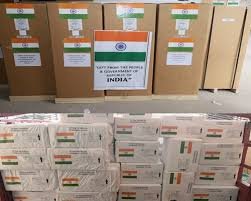
Why This News is Important
Strengthening Global Health Initiatives
The delivery of haemodialysis machines to PNG and aid to Lebanon reflects India’s proactive approach to global health challenges. By addressing the specific medical needs of these countries, India is contributing to the overall improvement of healthcare systems in regions that require urgent attention.
Fostering International Relationships
These initiatives are vital for strengthening India’s diplomatic relations with PNG and Lebanon. By extending support, India enhances its soft power, establishing itself as a nation committed to international cooperation and assistance.
Response to Humanitarian Crises
The ongoing crises in Lebanon and healthcare issues in PNG are critical challenges that require immediate intervention. India’s efforts signify a commitment to humanitarian aid and the importance of international solidarity in addressing such issues.
Promoting Regional Stability
By actively engaging in humanitarian efforts, India contributes to regional stability. Health crises can lead to broader socio-economic problems; therefore, addressing them helps maintain peace and stability in the Indo-Pacific and Middle Eastern regions.
Enhancing India’s Global Image
These actions bolster India’s image as a responsible global player. By participating in humanitarian efforts, India demonstrates its capability and willingness to contribute positively to global issues, enhancing its standing among other nations.
Historical Context
India has a long-standing tradition of providing humanitarian assistance to countries in need. Historically, India has been involved in various aid initiatives across the globe, especially in times of crisis. The establishment of the Indian Technical and Economic Cooperation (ITEC) programme in 1964 marked a significant step in India’s efforts to provide technical assistance and training to developing countries. In recent years, India has increased its focus on healthcare aid, particularly in the Indo-Pacific region, where many countries face significant healthcare challenges.
Moreover, India’s relations with Papua New Guinea and Lebanon have evolved over the years. PNG has been an important partner in the Pacific, with India seeking to strengthen ties through various initiatives, including healthcare. Lebanon, on the other hand, has been a recipient of Indian aid during times of conflict and economic challenges. The current initiatives reflect India’s consistent approach to nurturing these relationships and providing support where it is most needed.
Key Takeaways from “India Delivers Haemodialysis Machines to PNG; Supplies Aid to Lebanon”
| S.No | Key Takeaway |
|---|---|
| 1 | India delivered haemodialysis machines to Papua New Guinea. |
| 2 | The aid aims to enhance healthcare facilities in PNG. |
| 3 | India also provided humanitarian assistance to Lebanon. |
| 4 | The initiatives reflect India’s commitment to global health. |
| 5 | These actions strengthen India’s international relationships. |
Important FAQs for Students from this News
1. What are haemodialysis machines?
Haemodialysis machines are medical devices used to filter waste and excess fluids from the blood of patients with kidney failure. This process is essential for individuals who have end-stage renal disease.
2. Why did India provide aid to Papua New Guinea and Lebanon?
India provided aid to Papua New Guinea to enhance healthcare infrastructure, specifically addressing the rising cases of kidney diseases. The assistance to Lebanon was aimed at alleviating the humanitarian crisis caused by its ongoing economic challenges.
3. How does India’s aid affect its international relations?
India’s humanitarian initiatives strengthen its diplomatic ties with recipient countries, enhance its soft power, and demonstrate its commitment to global health and humanitarian assistance.
4. What is the historical context of India’s humanitarian aid?
India has a long tradition of providing humanitarian assistance, particularly through the Indian Technical and Economic Cooperation (ITEC) programme, which began in 1964. This initiative focuses on technical assistance and training for developing countries.
5. What impact do these initiatives have on global health?
By addressing specific health needs in countries like PNG and Lebanon, India contributes to global health improvement, helps prevent regional crises, and reinforces the importance of international cooperation in healthcare.
Some Important Current Affairs Links






